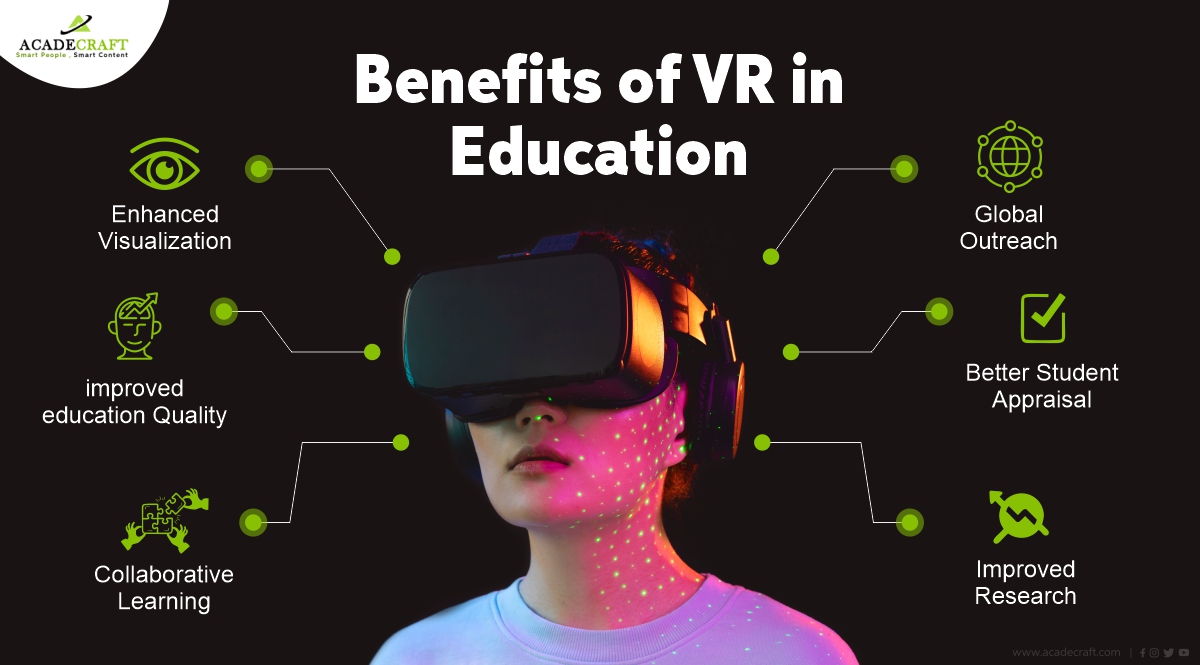Hydra Tech Insights
Stay updated with the latest in technology and gaming.
Reality Check: Are We Ready to Dive into Virtual Worlds?
Explore the thrilling future of virtual worlds! Are we truly prepared to dive in? Discover the surprises that await in your reality check.
Exploring the Future: What Virtual Worlds Mean for Our Reality
The concept of virtual worlds has evolved dramatically in recent years, transforming from simple gaming environments to complex, immersive spaces that influence various aspects of our lives. As technology continues to advance, virtual worlds are becoming more integrated into our reality, presenting opportunities for social interaction, education, and even business. These digital realms enable users to explore new dimensions of creativity and collaboration, fostering connections that transcend geographical boundaries. In a moment where physical limitations are starkly evident, virtual worlds offer an avenue for engagement and community building that could redefine how we perceive our relationships.
Looking ahead, the impact of virtual worlds on our society raises important questions about identity and existence. What virtual worlds mean for our reality is a topic of ongoing debate among philosophers, technologists, and everyday users. As we increasingly inhabit these digital spaces, individuals may find themselves challenging traditional notions of self and reality. With the ability to create and inhabit alternate personas, the lines between virtual and actual experiences blur, prompting us to reconsider our understanding of community, belonging, and the human experience itself. The evolution of these worlds may ultimately redefine not just how we connect, but also how we see ourselves in a rapidly changing landscape.

The Shift to Virtual: Are We Prepared for the Metaverse?
The concept of the metaverse has rapidly transitioned from science fiction to a tangible reality in today’s digital landscape. As more companies and individuals embrace virtual environments for work, education, and social interaction, the question arises: are we prepared for this monumental shift? The metaverse promises to revolutionize our online experiences, offering immersive 3D worlds where users can interact in real-time. However, to fully leverage this potential, we need to prioritize advancements in technology, cybersecurity, and user accessibility. Without careful planning and robust infrastructure, the promise of a seamless virtual experience could quickly become a chaotic endeavor.
In preparing for the metaverse, it is essential to address several key factors:
- Digital Literacy: As we step into a more complex virtual realm, improving digital skills among users becomes crucial.
- Privacy and Safety: With increased online interaction comes heightened concerns about data security and user privacy.
- Inclusivity: Ensuring that the metaverse is accessible to all, regardless of socio-economic status or technical ability, is vital for its success.
Virtual Worlds Explained: Benefits, Challenges, and What Lies Ahead
Virtual worlds have emerged as immersive digital spaces where users can interact, create, and explore in ways that transcend the limitations of the physical world. One of the main benefits of these environments is their ability to foster social connections; people from diverse backgrounds can come together, collaborate, and form communities around shared interests. Additionally, virtual worlds serve as platforms for education and training, enabling experiential learning through simulations that can be both engaging and effective. They provide opportunities for creativity and self-expression, allowing individuals to craft their own identities and experiences, leading to a growing trend in fields like game design and digital art.
However, the rise of virtual worlds is not without its challenges. Issues such as privacy concerns, digital addiction, and the potential for social isolation must be addressed to ensure a healthy balance between virtual engagement and real-life interactions. Moreover, the technological requirements for participating in these immersive experiences can create barriers for some users. Looking ahead, the future of virtual worlds may include advancements in augmented reality and virtual reality technologies, pushing the boundaries of what is possible and creating even more integrated and lifelike experiences. As these developments unfold, the conversation around their ethical implications, user safety, and the impact on society will continue to grow.